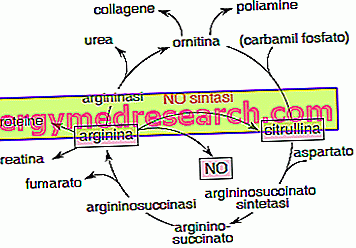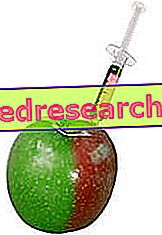This article aims to help the reader in the rapid identification of natural remedies useful in the treatment of various symptoms, disorders and pathologies. For some of the listed remedies, this utility may not have been confirmed by sufficient experimental tests conducted with a scientific method. Furthermore, any natural remedy presents potential risks and contraindications.
If available, we therefore recommend that you click on the link corresponding to the individual remedy to learn more about the topic. In any case, we remind you of the importance of avoiding self-treatment and to consult your doctor beforehand to ascertain the absence of contraindications and drug interactions.

An emollient is defined as any substance that can soften and make the surface layers of the skin more elastic. In addition to making tissues softer, the emollient product acts as a sedative for irritation. The opposite action is performed by astringent or tonic substances.
See also: emollients in cosmetics - Emollient creams
Synonyms for emollient
Emollient plants are also known as: humectants.
Medicinal plants Emollients and supplements with emollient properties
Almonds, marshmallow, mallow, Aloe, oats, Calendula, Fennel, lettuce, flax, Licorice, aubergine, Passion flower, Butcher's broom, hazel, Vine, goldenrod, pimpinella, raspberry, fig, prickly pear, lemon balm, olive, Avocado oil and vegetable oils in general.



